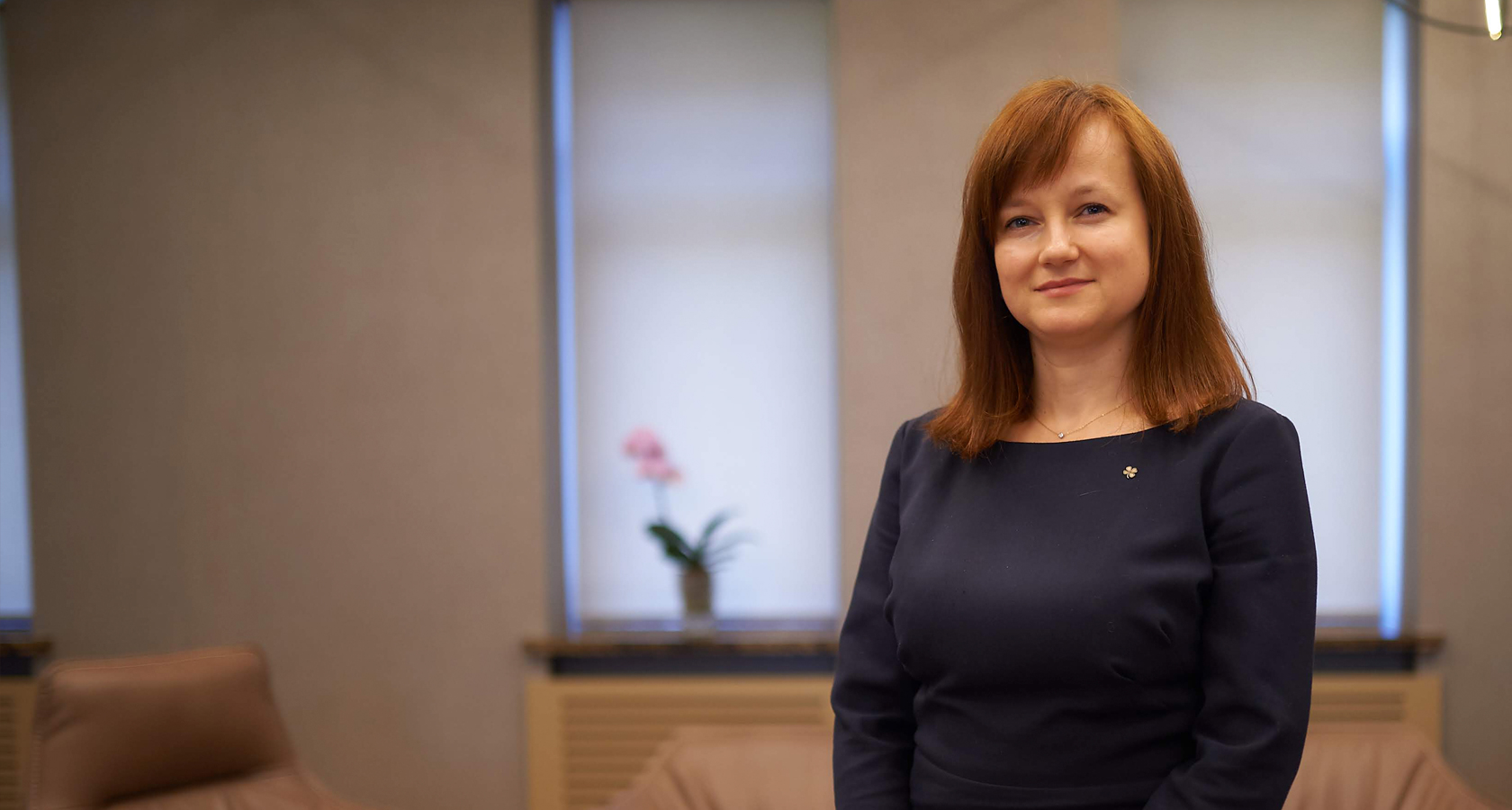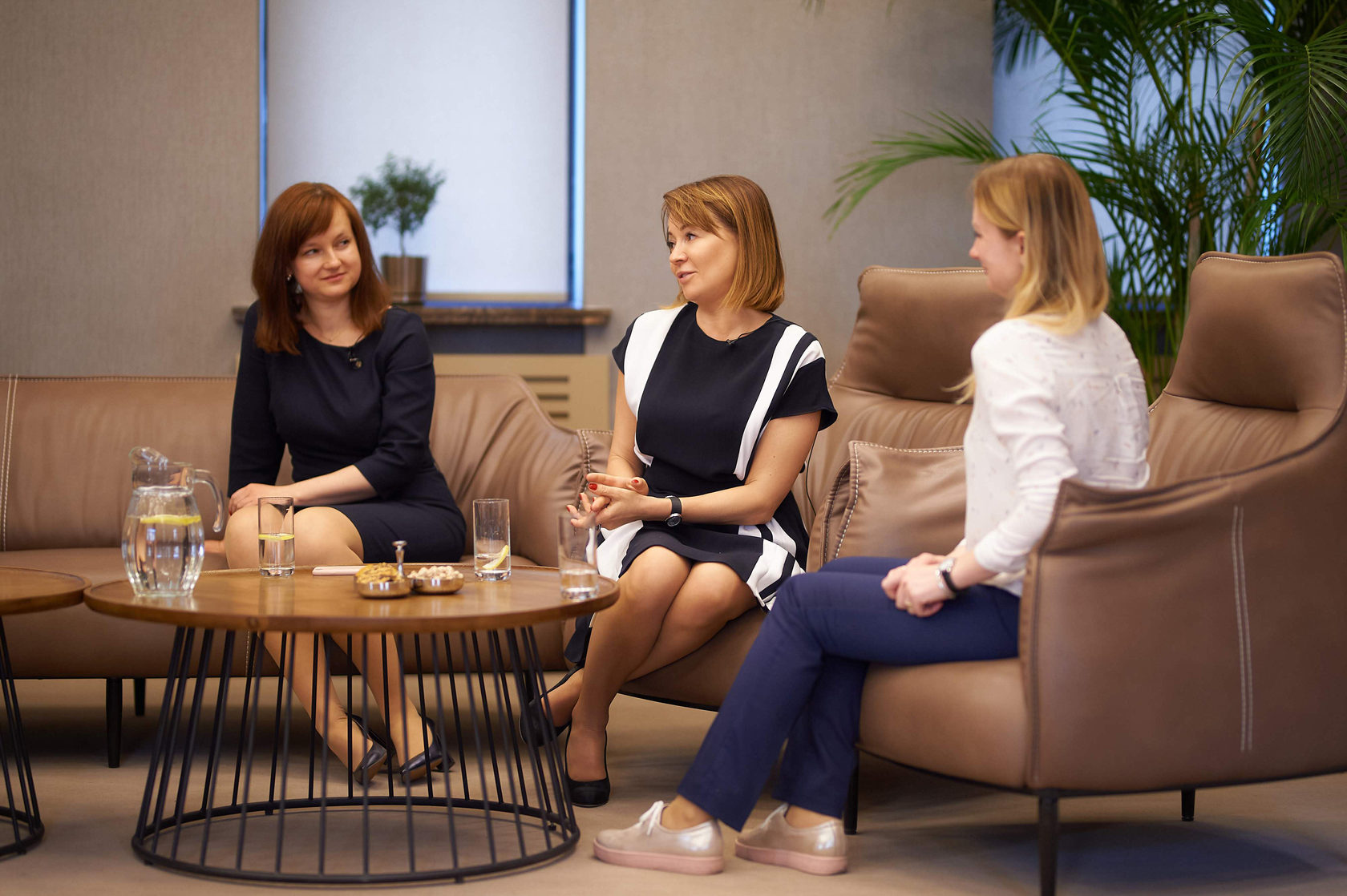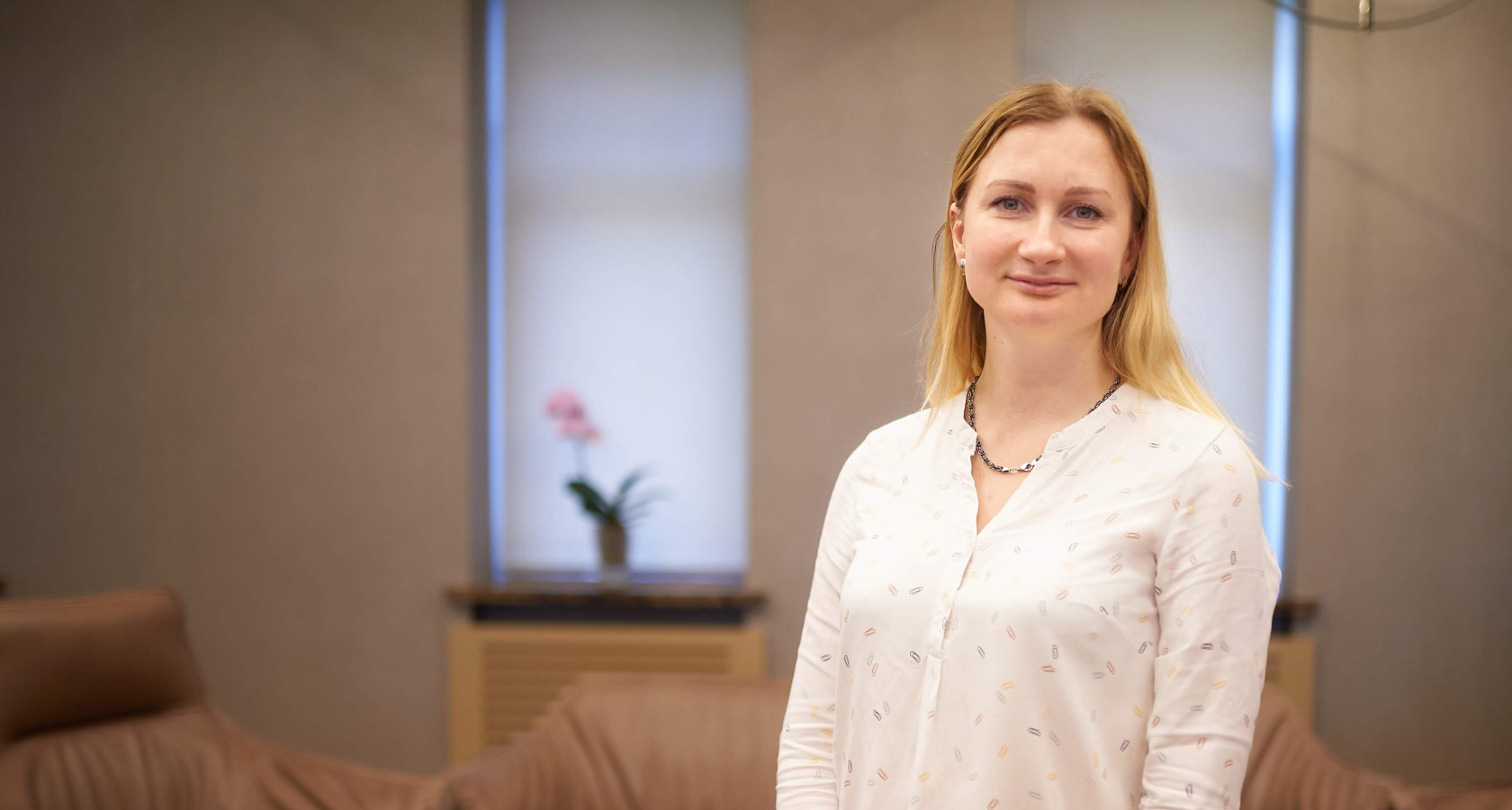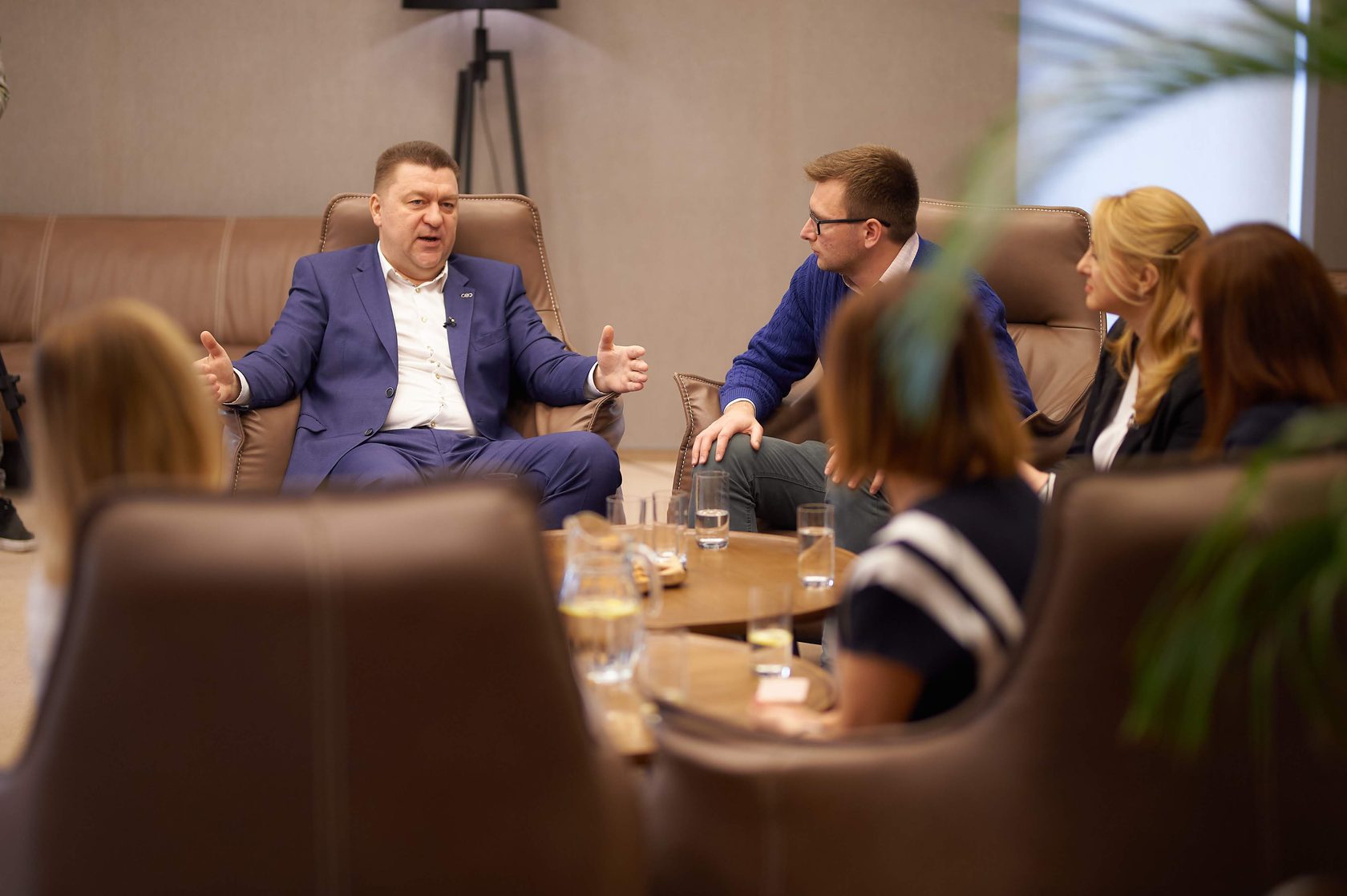May you live in interesting times, a Chinese curse says. In Ukrainian realities, "interesting times" is usually associated with elections and political instability. The year 2019 in this sense is twice as tense due to the presidential and parliamentary campaigns.
In the periods like this one, the business life of many market participants freezes in anticipation of how the new person in charge will take control over the situation? Although Ukrainian agrarians hardened by crises cannot be called alarmists. After all, in addition to the elections, they have to deal with many problems every day. And one of the main ones is an severe shortage of finances.
Latifundist.com brought together major international investors, Ukrainian bankers and key market players to discuss the burning questions of financing the agro-industrial complex. We spoke of the sources of credit, the reputation of the market in the light of high-profile defaults, expectations from the upcoming launch of the land market and much more with Agribusiness projects Senior Banker at
EBRD Anna Lebedynets, the Deputy Director of the micro, Deputy Director of MSME Department at
Oschadbank (State Saving Bank of Ukraine)
Yuliya Zhulanova, and Chief Financial Officers of
MHP —
Viktoria Kapelyushnaya, TAS Agro —
Irina Amelina, and
AgroVista —
Vladyslav Vyniarsky.










